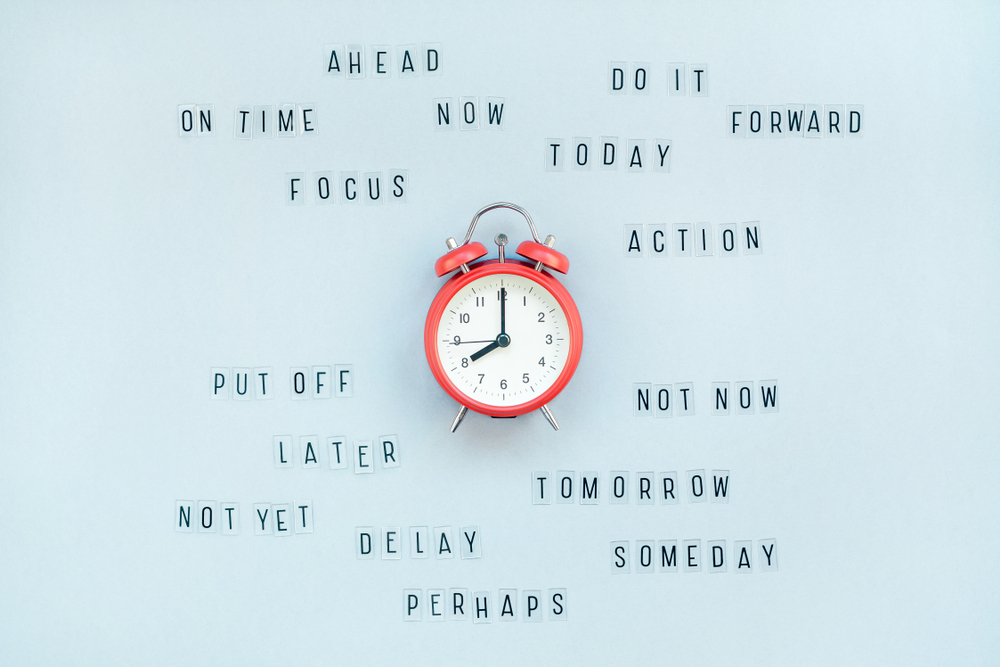Welcome to our special section, Thrive on Campus, devoted to covering the urgent issue of mental health among college and university students from all angles. If you are a college student, we invite you to apply to be an Editor-at-Large, or to simply contribute (please tag your pieces ThriveOnCampus). We welcome faculty, clinicians, and graduates to contribute as well. Read more here.
It’s an invasive species that has obstructed the success of education and everyday life. Procrastination is different for everyone, but it does take a combination of mental adjustment and active implementation to break this cumbersome habit.
For me, dwelling on the stress lingering over impending due dates is my downfall. However, I am working my way around a few simple strategies that have helped me focus on my tasks rather than the stress around my tasks. So, here are a few personal tips that may help you the way they’ve helped me.
Get rid of distractions
For me, this is the most difficult because it’s the most direct approach. It’s almost like going cold turkey, but I find that this is the best way to focus on my tasks ahead. Whether it’s shutting off all forms of social media or immersing yourself in the steady silence of the library, find a way to limit distractions that works for you.
Set deadlines and write them down
Mapping out my schedule and writing down my tasks makes them seem more tangible and achievable. Record deadlines for the completion of the task as a whole, and then break the task down. It’s less daunting and much easier to manage any assignment or project when you break it up into smaller chunks. Honestly, it’s the most satisfying feeling when I tick off a completed task in my notebook.
Take breaks
It’s okay to let your brain relax a little, actually it’s good to relax a little. After 15 minutes or so of unwinding, I always feel more refreshed and energized instead of feeling drained. Research from ScienceDaily shows that taking breaks increases productivity because it allows your brain time to re-energize before returning to a task.
Do the hard tasks first
It is easier to get started with tasks that you feel more comfortable with because it takes less time and mental commitment. But personally, tackling the harder first makes the entire process much less painful. The more I put off a demanding project, the more I dread doing it and the more overwhelming it gets. But once the difficult tasks are completed, it creates momentum for what’s ahead.
Be with people, talk to people
Tell your friends or your family about your goals because sometimes internal motivation isn’t enough. The external motivation is just extra motivation, but this way you have someone to tell about your progress. An extra step you could take is to surround yourself with people who will encourage you to take action. I find that spending time with people who are productive pushes me to be productive as well.
I realized that rather than stressing about the upcoming myriad of projects, assignments and exams due, I should focus on what is in front of me. And if that means I have to take small baby steps, then by all means, I’m going to take them.
Subscribe here for all the latest news on how you can keep Thriving.
More on Mental Health on Campus:
What Campus Mental Health Centers Are Doing to Keep Up With Student Need
If You’re a Student Who’s Struggling With Mental Health, These 7 Tips Will Help
The Hidden Stress of RAs in the Student Mental Health Crisis


